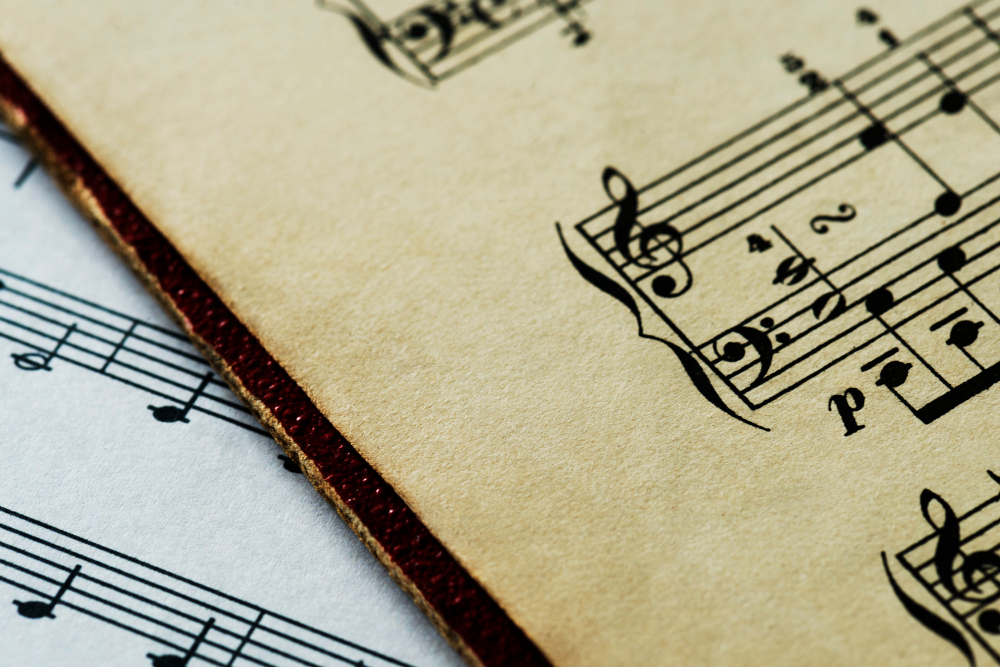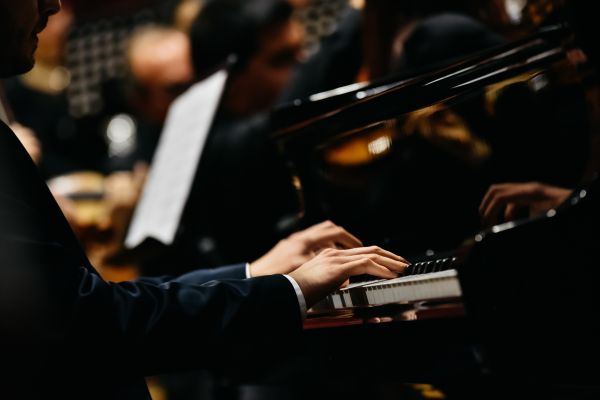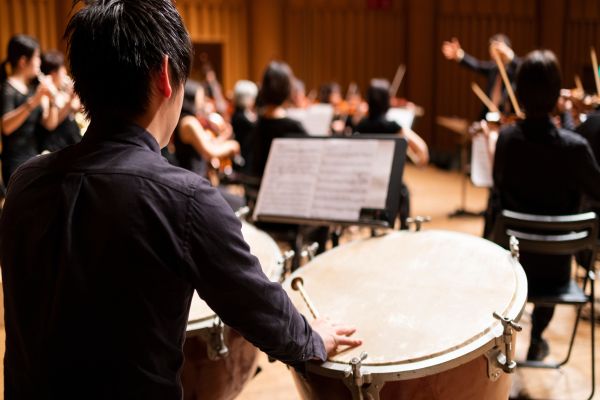Regular practise is one of the most important ways by which you can progress with your instrument. However, how many hours do you need to practise every day? While there is no golden number when it comes to the right amount of hours you need to practise, beginners can use the below indicative duration to have an idea about how much time they need to practise.
Practise Hours for Beginners (first 3-6 months of starting piano)
- Ages 6-8: at least 15-30 mins every day
- Ages 8-12: at least 30-60 mins every day
- Teens and Adults: at least 60 mins every day
Please note that these are bare minimum practise minutes you would want to put in to see noticeable progress. It would be ideal to increase your practise time as you get more familiar with the instrument. If you are really serious about progressing in the piano and playing advanced repertoire, you should consider practising more. Concert pianists and serious musicians often clock between 4-8 hours of practise every day. However, it is important to emphasise that the quality of your practise matters more than quantity. Ensure that you are not mindlessly playing or repeating notes during your practise sessions. A proper practise session is mindful, focused and very deliberate. Practising for extended hours can also cause physical and mental fatigue thereby reducing efficiency. My personal advice would be to practise not more than 4 hours unless you are extremely confident that you are able to do more without reducing efficiency and burning out.
If you are planning to practise more than 60 minutes every day the below tips could help you to make your practise sessions more efficient.
- Break your practise into 60/90 min sessions with ample time in between each session. For example, if you are planning to practise for 4 hours you can practise 1 hour each in the morning, afternoon, evening and night or practise for 90 minutes each in the morning and evening. This ensures that your body and mind gets enough time to recharge in between the sessions.
- Ensure your posture is correct. Practising in the wrong posture for extended hours can lead to severe injuries.
- Make time for physical exercise. Going for a walk, a jog or working out can be beneficial as your body is spending a lot of time in an unnatural position when you play the piano. Engaging in physical activity will help your body to recover from the strain of practising and also benefit your mental well being.
- Take a day off! Practising hours and hours day after day can get very monotonous. Its alright to take a day off every week to recharge yourself, step out of your house, spend time with your family and friends, or just laze around. Taking a day off will also help your brain to ruminate on whatever you learnt at a subconscious level and increase your productivity the next day you sit in front of the piano. You deserve that break so don’t feel guilty.
Are you wondering how long it would take to master the piano? Check out this article where I talk about this.



